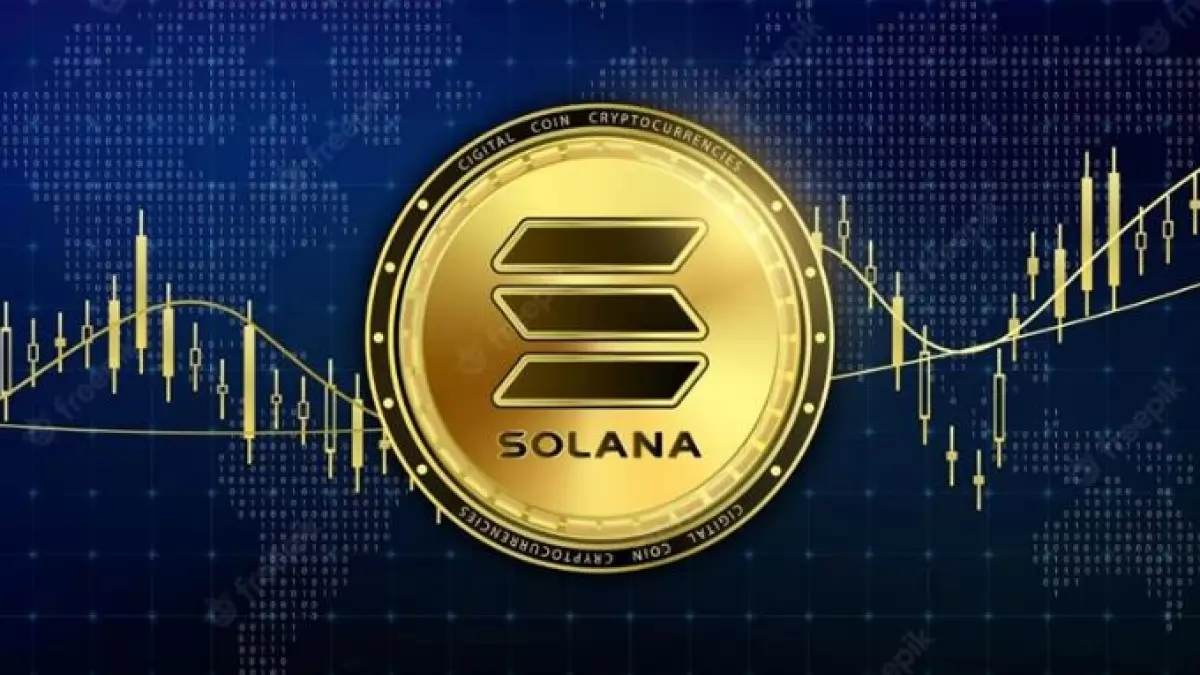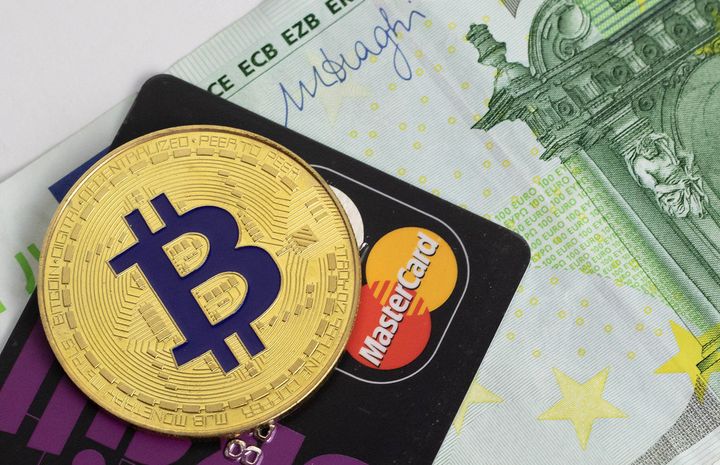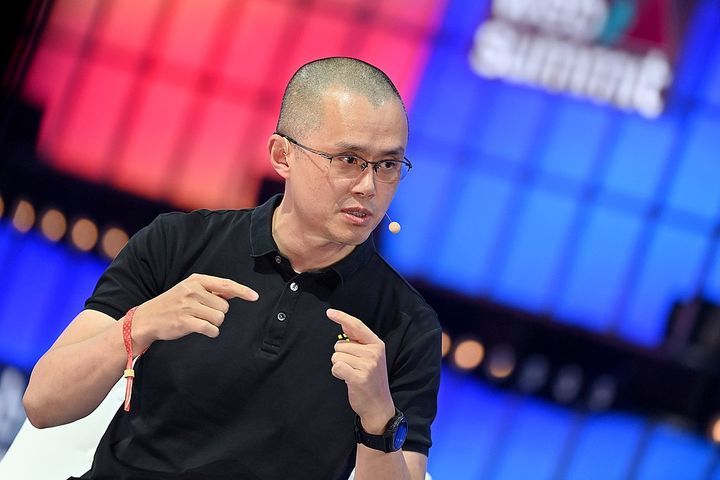Could Solana Be Considered the "Apple of Crypto"?

In 2020, Solana, a layer-1 blockchain, was introduced. Since then, it has rapidly grown to rank among the top platforms for users and developers in the cryptocurrency industry. Solana aims to deliver a seamless user experience and performance that rival the traditional internet with its quick, scalable, and affordable transactions. But what distinguishes Solana from other blockchains, and why does its co-founder, Raj Gokal, think it could become the Apple of cryptocurrency? The blockchain known as Solana has much to offer the cryptocurrency industry and beyond. Solana is a platform that merits attention and recognition due to its technological advantages, ecosystem expansion, and future-focused outlook. Although Solana may not yet be the Apple of cryptocurrency, it is undoubtedly moving in that direction.
The Benefits of Solana's Technology
The technological advantages of Solana over competing blockchains are one of the main factors attracting developers and users. With a sub-second finality and fees as low as $0.00001 per transaction, Solana claims to be able to process over 50,000 transactions per second (TPS). This solution is made possible by Solana's ground-breaking attributes, including:
- Proof of History (PoH): A clock that dates and orders transactions in a way that can be independently verified.
- Tower Consensus is a proof-of-stake (PoS) consensus method that uses PoH to quickly and securely reach finality.
- Turbine: A block propagation protocol that effectively distributes data across the network by dividing it into smaller packets.
- Thanks to Sealevel, a parallel intelligent contract runtime, multiple contracts can run concurrently on the same hardware.
- Pipelining: A transaction processing unit that allocates various hardware components to multiple stages of transaction validation.
- Cloudbreak is a horizontally scaled account database that permits concurrent reads and writes across many nodes.
- Archives: a distributed ledger storage system that transfers information from validators to a network of nodes that keep records of the past.
With the help of these features, Solana can provide a high-performance and scalable platform that can support various applications and use cases, including social media and gaming, as well as decentralized finance (DeFi) and non-fungible tokens (NFTs).
Growth of Solana's Ecosystem
The expansion and diversity of the Solana ecosystem are other factors that set it apart from other blockchains. According to a report by Electric Capital, Solana experienced the fastest growth of any significant blockchain in terms of the number of new developers contributing to its ecosystem in 2022, with a developer count increase of 83%. Over 500 projects have been developed on the Solana network, including some of the most well-known ones in the cryptocurrency industry, such as:
- Serum: A decentralized exchange (DEX) that offers quick and inexpensive trading of crypto assets by utilizing Solana's speed and low fees.
- Audius: A decentralized music streaming service that grants artists and listeners direct control over music and data.
- Metaplex: A platform anyone can use to create, sell, and collect NFTs on Solana without using any middlemen or paying fees.
- Star Atlas is a massively multiplayer online game that creates a futuristic sci-fi universe using blockchain, NFTs, and virtual reality.
- Radium: An automated market maker (AMM) and liquidity provider that integrates with Serum and provides various DeFi services like staking, farming, and lending.
The vibrant locals of Solana and many initiatives like:
- Solana Foundation is a non-profit group that provides grants, funds hackathons, educational initiatives, and other activities to promote innovation and adoption of Solana.
- Solana Labs is also part of the association that creates the foundational software tools and protocol for Solana and offers support and direction to projects constructed on the network.
- Solana Season: In May 2022, over 13,000 participants from 100 different countries participated in a global hackathon where they created over 350 projects on the Solana platform.
- Breakpoint: A yearly event that unites programmers, business owners, financiers, and enthusiasts from all over the world to celebrate and investigate the future of Solana.
Solana's Future-Looking Agenda
Raj Gokal, a co-founder of Solana, is optimistic about the network's long-term prospects. In an interview with the media, he claimed that Solana could become just as dominant in cryptocurrency as Apple in consumer electronics. Raj Gokal contrasted Apple's strategy of developing products that feel magical with Solana's emphasis on user experience and performance. For Solana to reach its full potential, he added that it is still in an early stage of development and that many things need to be built on top of its foundation.
Gokal added that Solana is okay with competing with other blockchains or well-known brands; instead, the company is concentrated on luring new ventures, fresh initiatives, and independent developers who can invent and add value to its network. According to him, Solana is particularly interested in the gaming industry because there is a lot of room for immersive and satisfying experiences that use blockchain, NFTs, and virtual reality.



